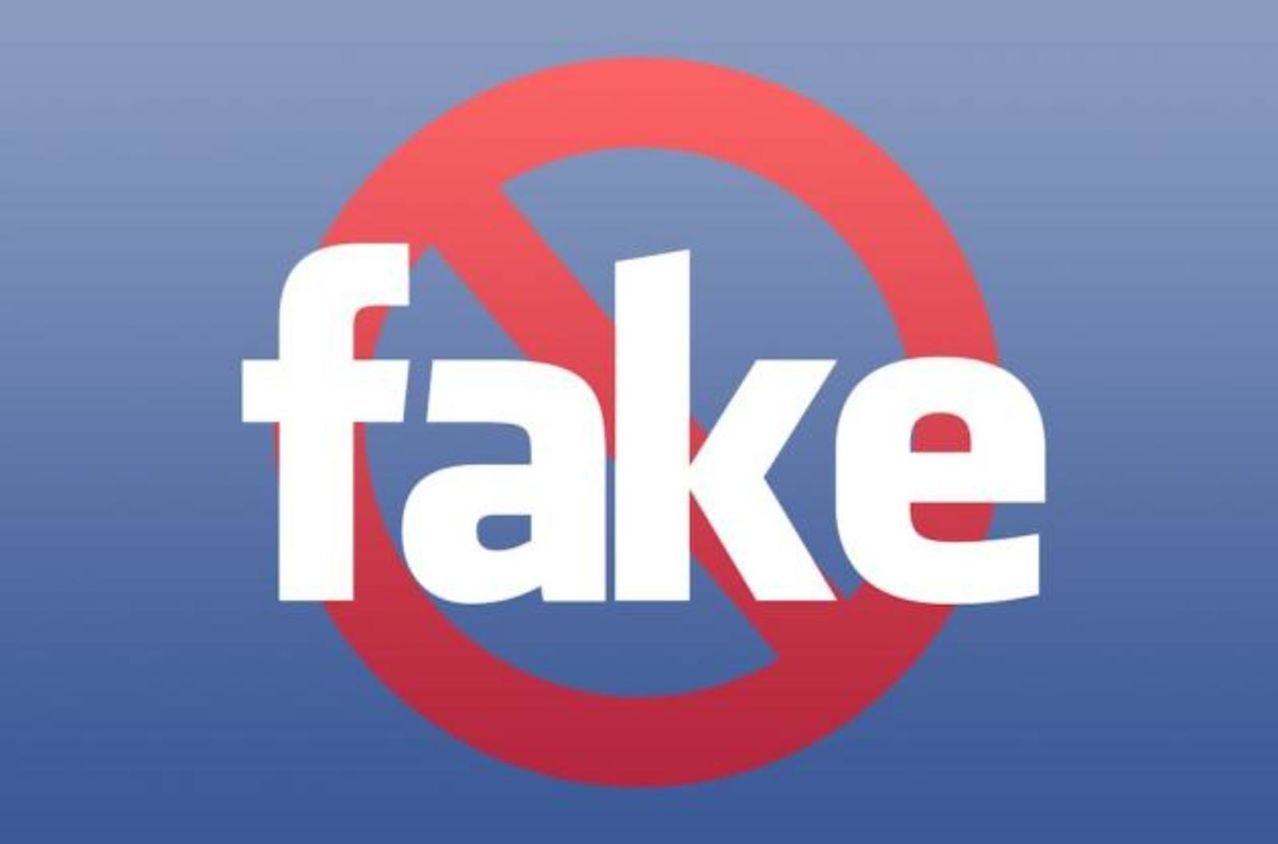Facebook, Twitter, and Google removed fake accounts used by the Chinese government to spread misinformation
By far the most talked-about tech news item this past week pertains to the accusation by Facebook, Twitter, and Google-owned YouTube that the government of China sponsored massive disinformation campaigns for the purpose of discrediting the pro-democracy protesters in Hong Kong (HK), spreading misinformation, and creating discord among the protesters. The HK people are protesting […]

By far the most talked-about tech news item this past week pertains to the accusation by Facebook, Twitter, and Google-owned YouTube that the government of China sponsored massive disinformation campaigns for the purpose of discrediting the pro-democracy protesters in Hong Kong (HK), spreading misinformation, and creating discord among the protesters. The HK people are protesting because they want China to stop interfering with their affairs. Of course, HK was a UK colony until 1997 when the UK released it to China as a semiautonomous city. But the HK people have tasted Western democracy under UK rule, and are apparently finding it hard to adjust to the authoritarian government in the mainland.
Basically, the social media platforms are saying that the Chinese government is creating an alternative, fake version of what is seen by some as a popular demonstration movement in HK. In China’s version, “a small, violent gang of protesters, unsupported by residents and provoked by foreign agents, is running rampant, calling for Hong Kong’s independence and tearing China apart.” The misinformation by the Chinese government is reportedly causing misunderstanding and anger (against Hong Kong) among the Chinese public in the mainland.
Since the Hong Kong protests began in June of this year, initially to demonstrate against an extradition bill, the movement has evolved. On Sunday, 18 August 2019, Hong Kong was the scene of another huge march, which reportedly brought out 1.7 million people, against a police ban. According to New York Times, “China has aggressively stoked anti-Western and nationalist sentiments around the protests and begun branding the demonstrations as a prelude to terrorism.” According to the New York Times, “The disinformation campaign against the Hong Kong protests also stands out because many of the tweets were written in English and targeted a global audience.” The protests represent one of the greatest challenges faced by the Chinese president, Xi Jinping, since he came to power in 2012.
In identifying the fake accounts, Facebook and Twitter observed that accounts that originated in China “acted in a coordinated fashion to amplify messages and images that portrayed Hong Kong’s protesters as violent and extreme,” according to the two social media companies on 19 August 2019. On Facebook, one recent post from a China-linked account reportedly likened the protesters to ISIS fighters. Also, Twitter message reportedly said, “We don’t want you radical people in Hong Kong. Just get out of here!” Facebook and Twitter said they had now removed the accounts, to discourage what they see as the tactics that the Chinese government is using to “mis-frame” the narrative.
Facebook said it eliminated seven pages, three Facebook Groups and five accounts involved in the disinformation campaign about the HK protesters. Twitter said it deleted 936 accounts and, going forward, would ban state-backed media from promoting tweets after China Daily and other state-backed publications placed ads on its service that falsely suggest that the protesters were sponsored by Western interests. “These accounts were deliberately and specifically attempting to sow political discord in Hong Kong, including undermining the legitimacy and political positions of the protest movement on the ground,” Twitter said in a statement. “Based on our intensive investigations, we have reliable evidence to support that this is a coordinated state-backed operation.” Facebook and Twitter said last week Monday that, in all, they had removed thousands of accounts that originated in China and that acted together to amplify messages and images portraying Hong Kong’s protesters as violent and extreme. This event represents the first time that the US social media companies would remove accounts linked to disinformation in China. “Covert, manipulative behaviors have no place on our service – they violate the fundamental principles on which our company is built,” Twitter said in a statement.
As for YouTube, the social media platform said it disabled 210 channels last week that had uploaded videos about the protests in Hong Kong. The channels had worked in a coordinated fashion to spread disinformation, the company said. The channels that were removed were “consistent with recent observations and actions related to China announced by Facebook and Twitter,” according to a YouTube spokesperson.
An interesting angle to the events is the fact that while the citizens of China are not able to access Facebook, Twitter, or YouTube, because of the Chinese-government enforced “Great Firewall,” the Chinese government has apparently embraced the same Western social media platforms to disseminate its messaging, seemingly employing techniques that were pioneered by Russia several years ago.
On the part of the social media platforms, it is looking as if the current events with the cracking down of Chinese government’s misinformation campaigns are a practice-run on how to contain Russian intervention in the upcoming 2020 elections in the US. It is of course common knowledge that the Russian Internet Research Agency (IRA), a center of state actors in St Petersburg, sent out more than 10 million tweets that influenced US politics between 2013 and 2018. The Russian action reportedly helped to elect Mr. Donald J. Trump in 2016 as the president of the US. Russia is not alone in these shenanigans: Bangladesh, Iran, and Venezuela are other governments that have reportedly used social media to influence politics.
